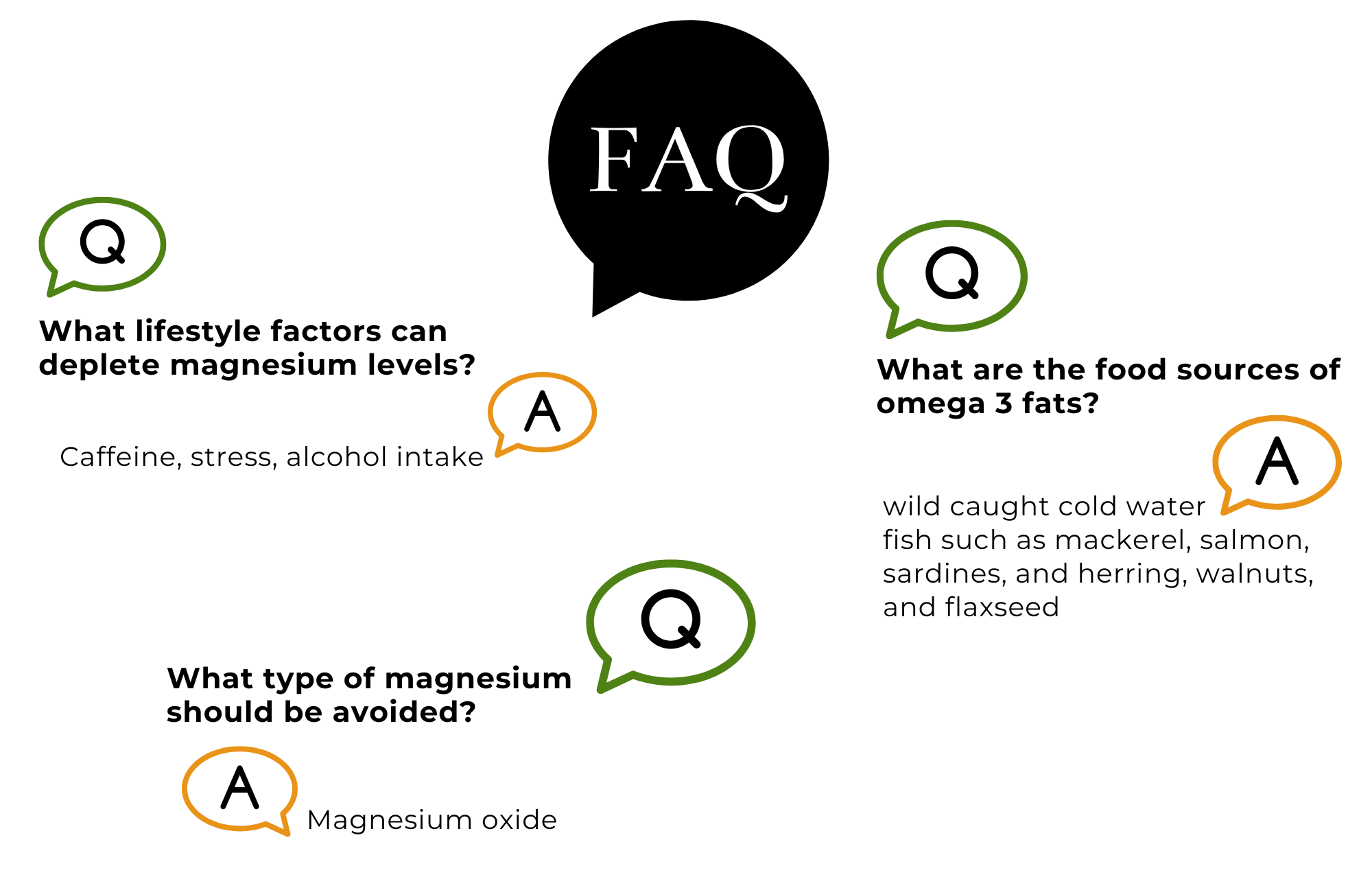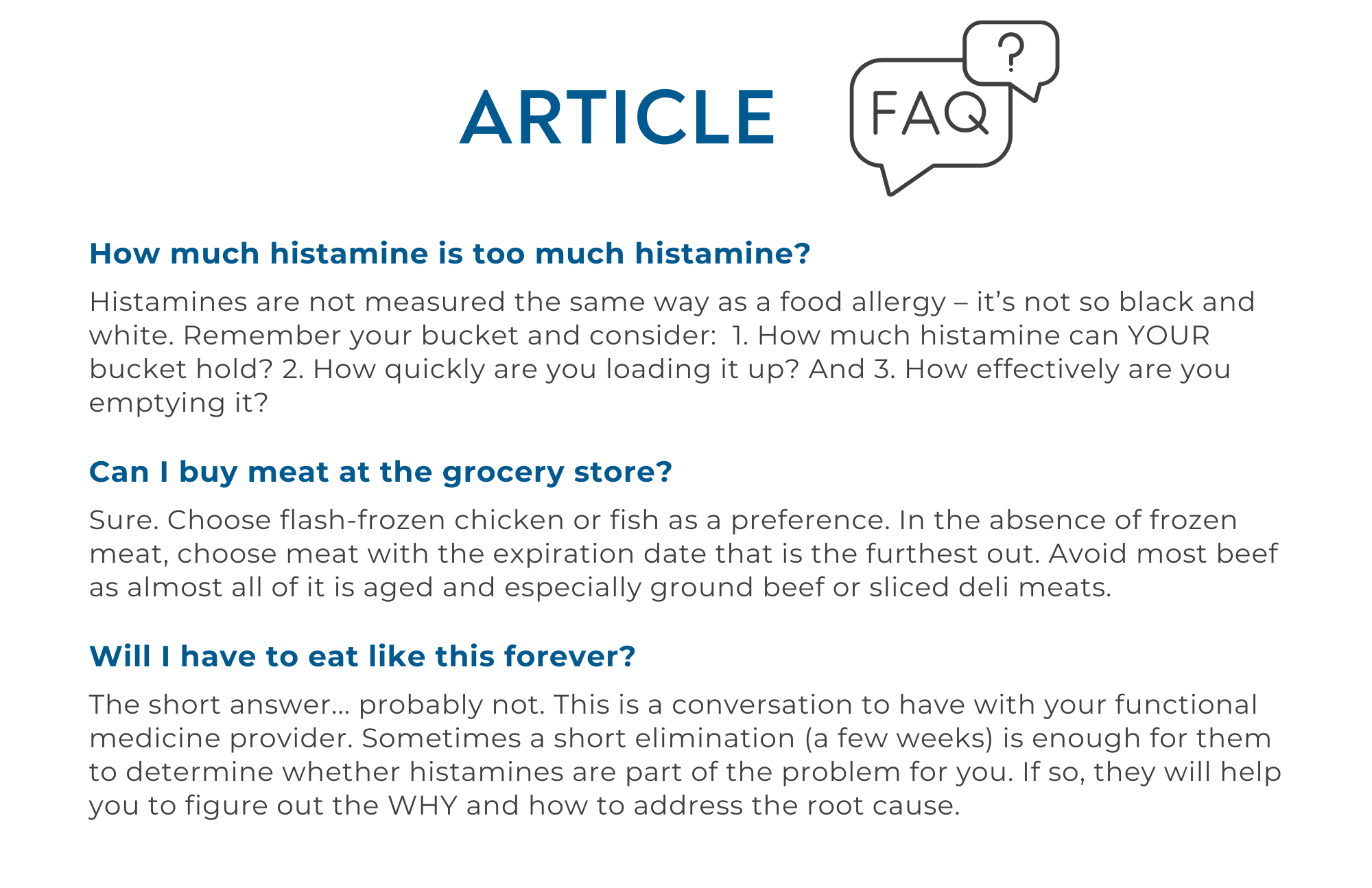
ALLERGY DROPS
Effective & Convenient

Carolina Total Wellness offers effective allergy treatment for both indoor and outdoor allergies through sublingual immunotherapy drops formulated just for you to safely and conveniently treat the cause of your allergies.
How Allergy Drops Work
Sublingual immunotherapy, also called allergy drops, works similar to allergy shots by gradually helping your body build tolerance to the substance(s) causing your allergies. The difference is that the antigen is placed under your tongue in a liquid drop form instead of an injection.
WHAT KIND OF ALLERGIES
CAN BE TREATED WITH ALLERGY DROPS?
One of the benefits of sublingual immunotherapy is that it can treat a broad range of allergies, including those caused by:
· Dust mites
· Mold
· Animals
· Foods
· Seasonal pollens such as grass, trees, ragweed, and mountain cedar, etc
WHO SHOULD TAKE
ALLERGY DROPS?
Anyone interested in treating the cause of their allergic disease, instead of just temporarily managing symptoms, can consider allergy drops.
· Infants and children*
· Asthmatics
· People with highly sensitive conditions including EoE
· Those who don’t like needles
· Those with chronic conditions including sinusitis and eczema
· Those with food and mold allergies
· Those with multiple allergies including dust mites, pollen, foods, and animals
Allergy drops have proven especially helpful for children with eczema and recurrent ear infections, which often have underlying allergic causes. Research shows that many children with untreated eczema and allergies often develop asthma and other chronic conditions later in life, so treating them early can have life-long benefits and may prevent development of other allergies and asthma.
WHAT ARE THE ADVANTAGES
to daily drops?
In addition to being a viable option for people of all ages and conditions, there are more advantages:
Lower cost, fewer clinic visits. Compared to shots and many medications, allergy drops typically cost less over time. Most patients receiving allergy drops need only a few clinic visits the first year, and then once every 6-12 months thereafter until visits are no longer needed. That can also mean a lot less time away from work or school.
More convenient. You can take allergy drops at home or wherever you are, making it much easier to stay with your treatment.
Less medication. Our patients report, and research confirms, that they typically need less medication to control symptoms after beginning allergy drops.
Enjoy healthier days. The end benefit of taking drops consistently? Feeling better, more productive and better able to enjoy life and activities that allergies once made it hard to enjoy.
Allergy Clinic
Appointments
INITIAL ALLERGY CLINIC VISIT: $235
Please allow 30 minutes for your initial visit which will include consultation with your physician and discussion of allergy testing. Your physician may recommend blood testing for environmental and/or food allergy evaluation. Once lab results have returned, a prescription will be provided for allergy drops and we will review how to administer these at home.
FOLLOW UP ALLERGY CLINIC VISITS: $100
Please allow 15 minutes for your follow up allergy visits. This will include review of your allergy symptoms and immunotherapy plan of treatment as well as new 3 month prescription for allergy drops. Follow up visits are recommended every 3 months for the first year and then every 6 to 12 months for the subsequent 2 to 4 years, depending on your response to treatment.

To Schedule
an appointment, please give us a call. We are excited to partner with you on your journey to optimize your health and wellness through personalized care tailored to your unique needs.
919.999.0831


























